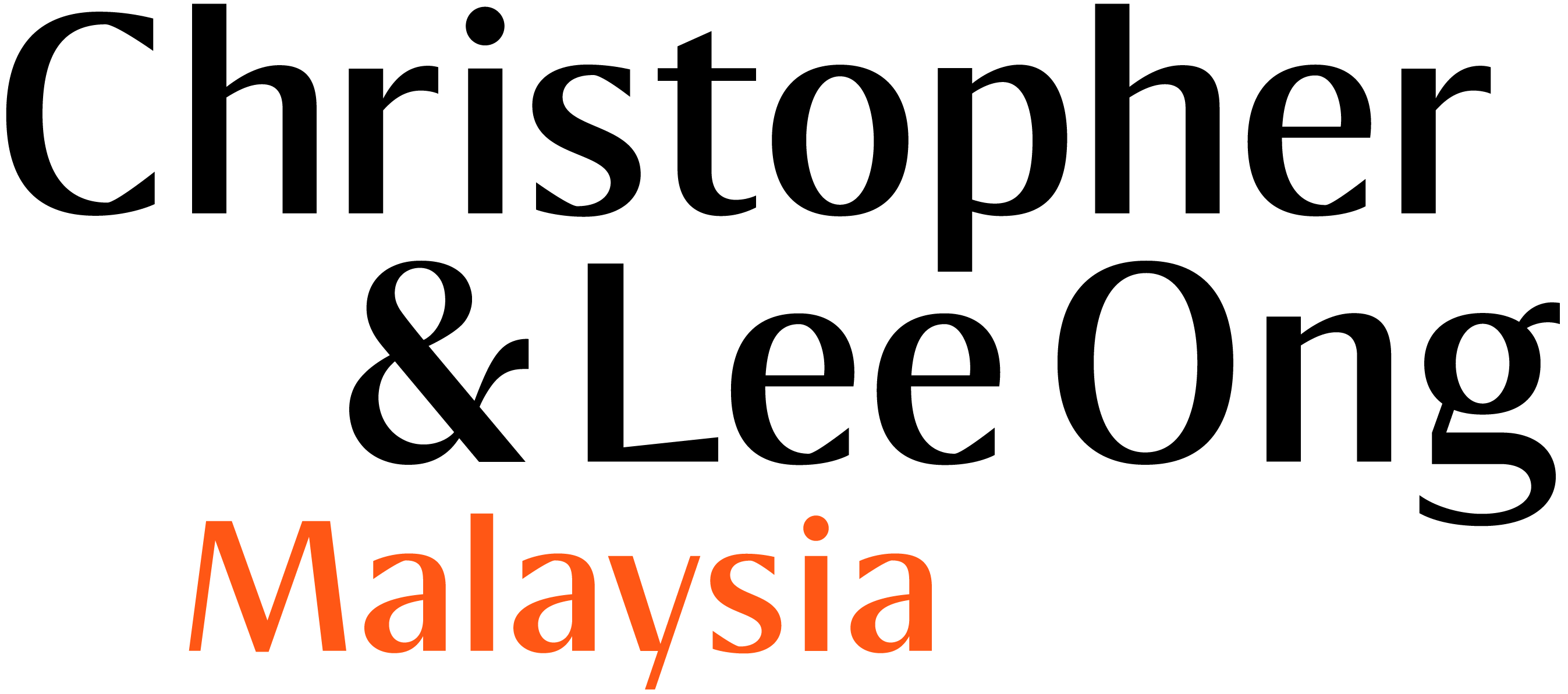We are pleased to present our first Regional Competition Bites for this first quarter in 2024. There have been various legislative and regulatory changes across Southeast Asia, with regulators enacting new laws and issuing guidelines concerning competition law.
Domestic cartels and other investigations continue to happen within each country, with multi-jurisdictional investigations seemingly still at bay, with the rare occurrence.
On the merger front, however, there have been noteworthy developments. The long-awaited law establishing merger control in Malaysia is reportedly targeted to be introduced later this year. According to the CEO of the Malaysia Competition Commission (“MyCC“), the proposed amendments to the Competition Act 2010 which will introduce the merger control regime are slated to be presented to Parliament by June 2024. Additionally, specific industries governed by their respective regulators, such as those within the telecommunications and multimedia, water, and aviation sectors, will be exempted from the merger control regulations. In the Philippines, the Philippine Competition Commission (“PCC“) has recently increased the mandatory merger notification thresholds. With effect from 1 March 2024, mergers and acquisitions that exceed a size of party of PhP 7.8 billion (previously PhP 7 billion) and a size of transaction of PhP 3.2 billion (previously PhP 2.9 billion) must be notified to the PCC. We, however, do not see this increase in thresholds acting as a damper in the number of mergers to be notified. Singapore, the sole voluntary regime nevertheless has issued its decision in one of the most complex mergers in this part of the world involving the Aviation industry. Additionally, as a show of how Singapore takes merger filings seriously, Competition and Consumer Commission of Singapore (“CCCS“) imposed interim measures formally in a yet to be signed merger, based off concerns it had about the impact in the market.
Separately, the interest in sustainability and how sustainability considerations interplay with competition law and policy continues to remain. For instance, MyCC in Malaysia has expressed focus on sustainability and shaping competition policy in industrial, food, and emerging digital industries. Similarly, CCCS has issued guidance on environmental sustainability collaborations, aligning with national efforts to achieve environmental sustainability goals.
Furthermore, there has been increased collaboration to facilitate information exchange between competition authorities. The Vietnam Competition Commission (VCC) signed a Memorandum of Understanding with the Australian Competition and Consumer Commission (ACCC), to allow greater cooperation and exchange of information, leading to better enforcement outcomes in Vietnam.
Another trend among competition regulators is increased efforts to enhance the efficacy of competition law. For instance, the Indonesia Competition Commission (ICC) has entered a collaboration with the Attorney General’s Office to bolster the enforcement of unpaid fines and implemented a 100 working day program to monitor competition across diverse sectors. In Malaysia, MyCC also intends to suggest revisions to its competition legislation to simplify the investigative and enforcement procedures. This highlights a commitment to improving efficiency and effectiveness in enforcing competition laws.
The Rajah & Tann Asia team Competition & Antitrust Team remains committed to staying abreast of the dynamic landscape of competition law in the region and stands ready to assist. Please reach out to us if you wish to further discuss these developments.
For more information, click here to read the full Legal Update.








